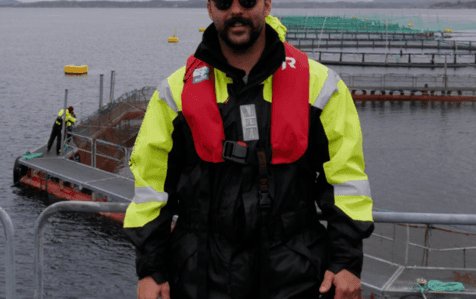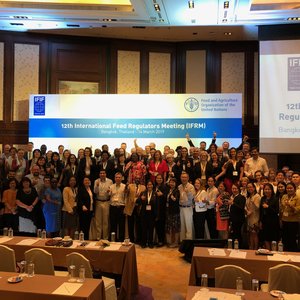Prospective Research, Inc., a US biotechnology company, has raised $1.7 million to fund a study that includes targeting sea lice with specific bacteria incorporated into feed. The company creates feed-incorporated preventative disease solutions for the aquaculture industry that completely removes the need for antibiotics and medicated feed.
Bacteria behavior can be modulated using microbial signaling molecules for the local delivery of therapeutics directly inside the gut of farmed species. These molecules can selectively turn on bacterial genes encoding bio-active therapeutics inside the animal for protection against bacterial, fungal and parasitic pathogens.
Dakota Hamil, Chief executive, and Jake Cotter, Chief operating officer, said “we are excited to be building products that will solve real problems in the industry in a non-intrusive, cost effective and natural way. Bacteria have been around for longer than we have, and we’ve spent the past few years learning to speak their language. Being able to influence the behavior of a group of organisms, that’s been perfecting its chemistry over billions of years, is yielding promising results. Our major focuses right now for product development are on EMS in shrimp and sea lice in salmon. We believe we can have the greatest impact in the shortest time-frame in these particular sectors.”
Prospective Research is part of the Hatch Aquaculture Accelerator portfolio of disruptive aquaculture technology companies and a graduate of the accelerator cohort 2018 in Cork, Ireland. Carsten Krome, Hatch chief executive, said “it is fantastic to see another one of our companies receive institutional funding from an experienced investor. We’re excited for the team at Prospective Research, they have a good shot at revolutionizing the multi-billion-dollar industry of disease management while making aquaculture more sustainable by reducing the need for antibiotics even further.”
Read full story here.













